By Eric Wert
Many estate planning clients come to their first meeting with the expectation that they need a Revocable Living Trust. Frequently, they have heard from a national finance personality that a Revocable Living Trust is an essential part of a wise and efficient estate plan. The personality argues that by placing your assets in a Revocable Trust, you avoid the lengthy and expensive probate process while maintaining control over your assets. While this advice may be true in many parts of the country, a Revocable Trust is usually not the best choice in Pennsylvania.
A Revocable Living Trust is established when a Grantor (the person who creates the document) transfers assets into a Trust during his or her lifetime but reserves the right to revoke or change the Trust at any time. Compared to an Irrevocable Trust, this type is “revocable” because the Grantor can modify or cancel it whenever they choose.
First, it is important to know that a Revocable Living Trust does not eliminate federal estate taxes or Pennsylvania inheritance taxes. The assets in such a Trust are taxed with the rest of the estate. Further, this type of Trust does not offer significant asset protection because the owner of the assets – the Grantor - retains power over the Trust assets (that is, the power to modify or revoke the Trust) and is, therefore, usually vulnerable to a judgment.
It is correct to state that a Revocable Trust can eliminate probate if a Grantor successfully transfers all of his or her assets into the Trust prior to death. In Pennsylvania, however, our probate process can be relatively quick and uncomplicated, unlike in many other states. In addition, avoiding probate through the use of a Revocable Living Trust does not avoid the largest expense most people associate with probate - the Pennsylvania inheritance tax. This tax must be paid for assets in a Revocable Living Trust even though they do not go through probate. The cost of probate itself is very small, relatively speaking. For this reason, most Pennsylvania estate planning attorneys suggest this type of Trust less frequently because it is usually an unnecessary, expensive step.
This is not to say that there is never a good reason to create a Revocable Living Trust, or any other kind of Trust, in Pennsylvania. There are many kinds of Trusts, each with unique benefits and purposes. For example, a Revocable Trust can allow for the Grantor to contribute assets for the benefit of others (or themselves) that will be managed by a trustee as the Grantor ages or if he or she becomes disabled. Understanding these options can empower you to make the best decisions for your estate.
In the end, it is best to come to your first meeting with your estate planning attorney with an open mind, knowing that what you’ve heard from a national personality may not apply in Pennsylvania. Be prepared to communicate your goals for your estate so that the attorney can recommend the best plan to achieve those goals under Pennsylvania law.
If you have questions about the most efficient way to set up your estate, Dischell Bartle Dooley can help. You can contact us online or call 215.362.2474.

